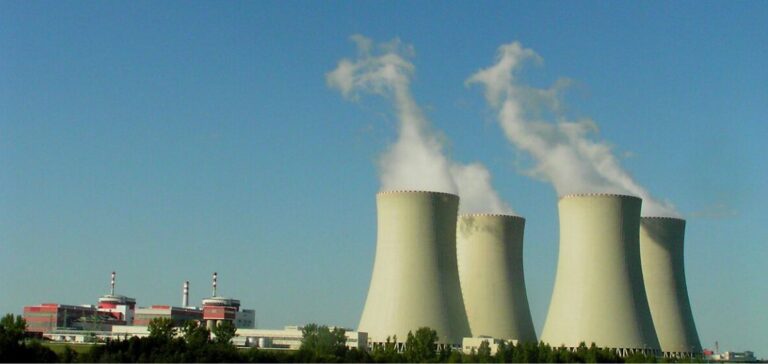In a tender launched in 2022, the Czech Republic has received definitive proposals for the construction of four nuclear units. The project calls for the construction of a new reactor at Dukovany and potentially three more at Temelin. Offers for the fifth unit at Dukovany have been updated.
Bid analysis
Bids from EDF and South Korea’s KHNP are currently being evaluated by CEZ. Board member Tomas Pleskac points out that the final report on these bids will soon be submitted to the Ministry of Industry and Trade and to the government for final approval. The decision will have a major impact on the country’s energy strategy.
Planning and implementation
Contracts with the selected company are scheduled to be finalized by March 31, 2025. CEZ plans to launch the first reactor in 2036, which is an important milestone for the Czech Republic in the transition to cleaner energy sources.
Current and future energy capacity
The Temelin and Dukovany power plants play a crucial role, currently supplying around 40% of the electricity consumed in the Czech Republic. Increasing nuclear capacity is essential to replace obsolete energy resources with high greenhouse gas emissions.
Safety considerations and rejection of applications
Safety considerations led to the elimination of major candidates such as Westinghouse for inadequacies in their bid, and Rosatom and CGN for safety reasons. These decisions reflect the priority given to the safety and integrity of the country’s energy infrastructure.
With bids for its future nuclear units on the rise, the Czech Republic is preparing for a robust and sustainable energy future. This expansion is a decisive step towards reducing dependence on fossil fuels and improving national energy security.






















